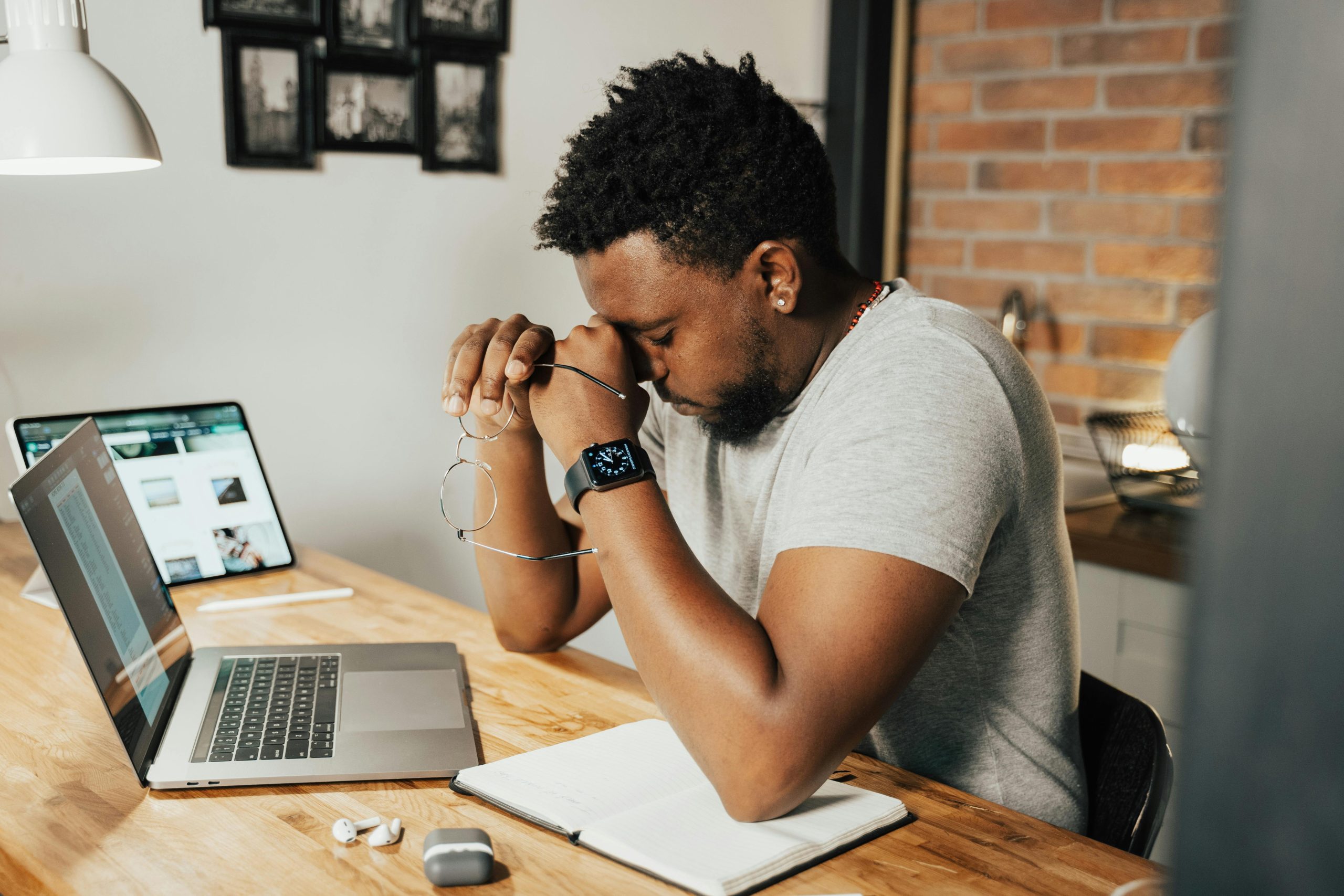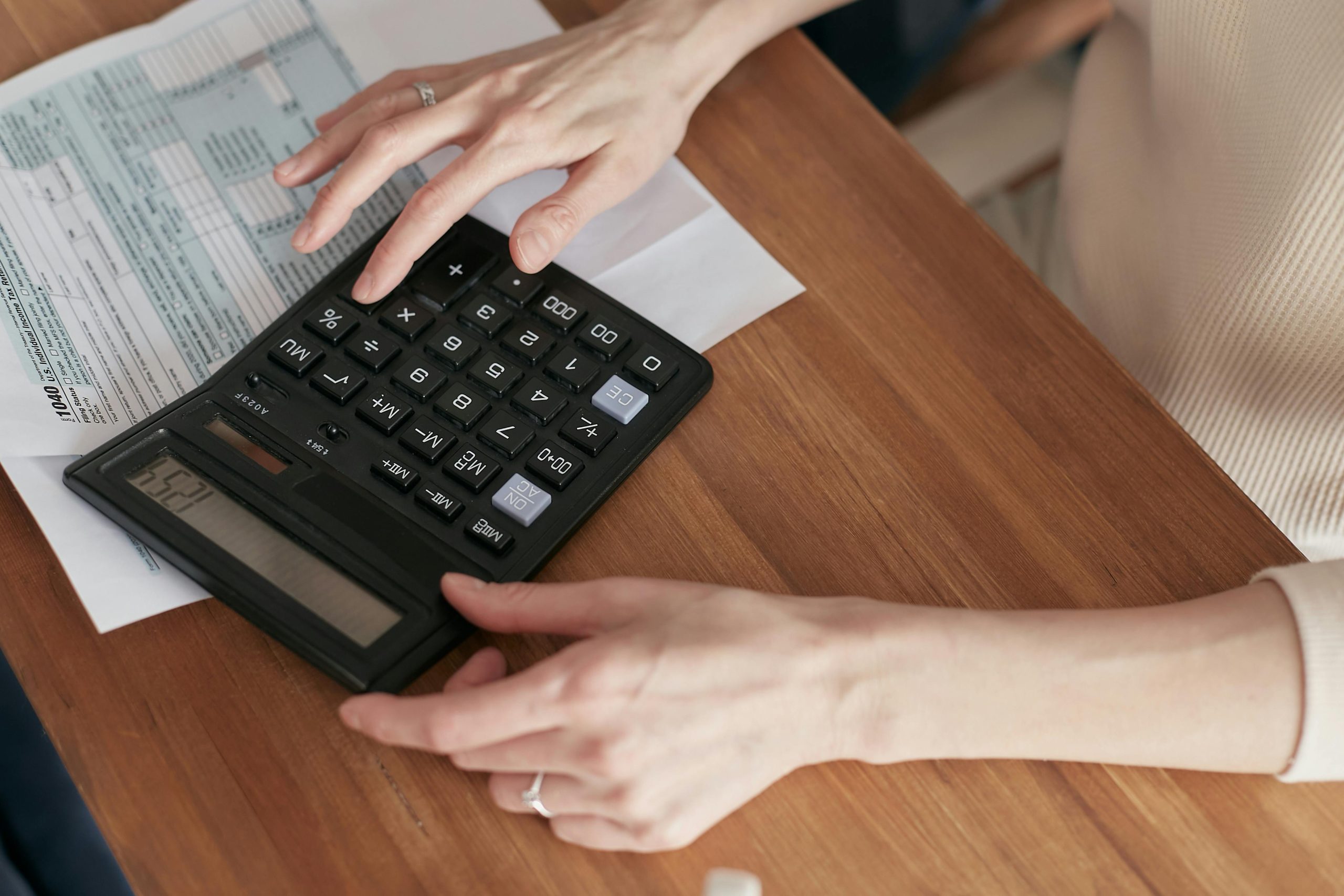This article was published on 01 Nov 2021. At the time of publishing, this article was true and accurate, however, over time this may have changed. Some links may no longer work. If you have any concerns about this please contact us
International Stress Awareness Week was created in 2018 to raise awareness about stress prevention. This year marks 23 years since the establishment of Stress Awareness Day, which is held on the first Wednesday in November each year and has been since 1998.
We all know what it’s like to feel stressed – being under pressure is a normal part of life. But becoming overwhelmed by stress can lead to mental and physical health problems or make existing problems worse.
Many people are more stressed now than ever, for some this is due to the worry of the pandemic, for others its due to the increased cost of goods and services and for others its due to the worry of leaving the safety of their home with restrictions now being eased.
Feeling stressed and worried is perfectly understandable as we are living through a time that we have never faced before. We have little control about the uncertainty of the future, which raises concerns and challenges for many of us.
The long-time stress and worry of this situation may be making you feel overwhelmed and it’s important to put measures in place to reduce the stress you are feeling.
International Stress Awareness Week is a great opportunity to take a moment to think about your own wellbeing and find out more on how to manage stress.
Stress isn’t a mental health condition, but it can cause a mental health problem, like anxiety or depression or it can cause an existing one to get worse. Stress can also affect you physically, it can cause headaches, insomnia, tiredness or stomach problems.
What you can do to help manage worries and stress
There are various steps you can take to cope with being under pressure, remember, different things work for different people.
- Write down your worries and concerns – this may help process your thoughts and emotions. You can then read the worries back and try to think of them from a different perspective.
- Keep a daily routine – our overall wellbeing relies on our daily routines, these also help with sleeping & eating patterns. This is why it’s important to ensure you and your family have structure in your day. The routine can be simple everyday things like, getting up, going to bed and eating at the same times each day, listening to music, going for a daily walk. They can also include things to look forward to, like visiting a local attraction or café at the weekend.
- Identify your triggers and take control – working out what triggers your stress can help you anticipate when you may feel stressed and what you could do about it in advance.
- Organise your time – making some adjustments to the way you organise your time can help you feel more in control and able to handle the pressure you are feeling.
- Keep active – exercise can help clear your head and then let you deal with your problems more calmly. Go outside to exercise, as fresh air and spending time in nature can really help.
- Stay healthy – as well as exercise it’s important to maintain a healthy diet and ensure you are getting enough sleep.
- Talk to other people – friends, family & colleagues can help support you through the stress you are feeling, you may even have a laugh and start to relax. You may also want to consider talking to a professional counsellor.
- Do something you enjoy – spending time doing something you enjoy will take your mind off how you are feeling. Everyone needs to take time for themselves, it can be as simple as having a bath or reading a book.
- Avoid unhealthy ways to cope – many people use alcohol, smoking, chocolate and gambling to try and relieve the stress they are feeling, none of these things will help in the long term, use healthy coping strategies like going for a run, listening to music or walking the dog.
- Challenge yourself – learning new skills and setting yourself new goals will help build your confidence and make you feel good about yourself.
- Help others – think of others in your local community, who may need help with small tasks, like shopping or volunteer to help a worthwhile cause, like litter picking or the local food bank. People who help others tend to be more resilient.
- Keep informed – whilst it’s important to keep up to date with the latest news, it can be overwhelming, so in order to manage any feelings of stress and anxiety consider only checking the news and social media once a day. Ensure you stick to trustworthy sources for the latest information.
- Keep positive – it’s very easy to focus on the negatives of any situation. But it’s important to stay positive. Think of all the things that are positive in your life and that you are grateful for, write down or say out loud 3 things that went well each day. Use these positive statements to create a positivity jar with your family.
- Try Mindfulness – mindfulness can help reduce stress, it can also give you the space to respond calmly under pressure. For more details click here.
- Address some of the causes – where possible improve some of the issues that are putting pressure on you.
- Accept the things you can’t change – it’s not easy but accepting that there are some things happening to you that you can’t do anything about will help you focus your time and energy elsewhere.
Useful links:
Want to learn more? Access our wellbeing hub here.










